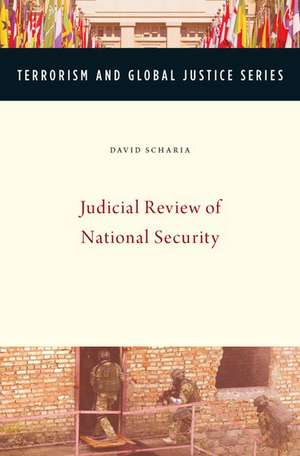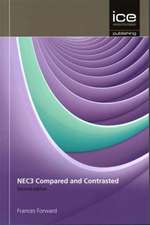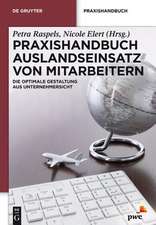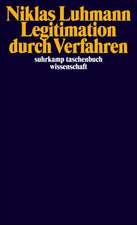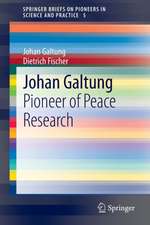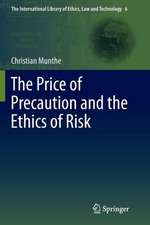Judicial Review of National Security: Terrorism and Global Justice Series
Autor David Schariaen Limba Engleză Hardback – 27 noi 2014
Preț: 656.90 lei
Preț vechi: 943.37 lei
-30% Nou
Puncte Express: 985
Preț estimativ în valută:
125.74€ • 136.62$ • 105.69£
125.74€ • 136.62$ • 105.69£
Carte tipărită la comandă
Livrare economică 10-16 aprilie
Preluare comenzi: 021 569.72.76
Specificații
ISBN-13: 9780199393367
ISBN-10: 0199393362
Pagini: 278
Dimensiuni: 236 x 160 x 28 mm
Greutate: 0.52 kg
Editura: Oxford University Press
Colecția OUP USA
Seria Terrorism and Global Justice Series
Locul publicării:New York, United States
ISBN-10: 0199393362
Pagini: 278
Dimensiuni: 236 x 160 x 28 mm
Greutate: 0.52 kg
Editura: Oxford University Press
Colecția OUP USA
Seria Terrorism and Global Justice Series
Locul publicării:New York, United States
Recenzii
Most observers of national security programs and military actions recognize that executive leaders and military commanders at times have taken actions that harm human rights or exceed legal authorities. If courts have a say in such matters at all, judges' opinions often come too late to redress the wrongs that have occurred. In Judicial Review of National Security, David Scharia elegantly presents the experience of judicial review from modern Israel, where in many instances real-time judicial review has managed to temper the government's national security actions, benefiting human rights and the rule of law. The lessons Scharia deftly draws from Israeli history may inspire those hoping to bring judicial review values to other cultures.
Judicial Review of National Security challenges the conventional wisdom that courts cannot review national security measures in times of crisis. David Scharia persuasively demonstrates how one court, Israel's Supreme Court, has done just that
David Scharia's book is an important contribution on a difficult subject - judicial review of executive action on the most acute questions of national security and the rule of law. His examination of the practice and jurisprudence of the Israeli Supreme Court shines a light on its activist approach, not free from controversy and debate, but an exemplar of judicial engagement and real-time adjudication on pressing issues that reach to the heart of Israel's democracy and governance. This book makes that practice and jurisprudence more accessible and gives us a lens through which to view and assess it.
Judicial Review of National Security challenges the conventional wisdom that courts cannot review national security measures in times of crisis. David Scharia persuasively demonstrates how one court, Israel's Supreme Court, has done just that
David Scharia's book is an important contribution on a difficult subject - judicial review of executive action on the most acute questions of national security and the rule of law. His examination of the practice and jurisprudence of the Israeli Supreme Court shines a light on its activist approach, not free from controversy and debate, but an exemplar of judicial engagement and real-time adjudication on pressing issues that reach to the heart of Israel's democracy and governance. This book makes that practice and jurisprudence more accessible and gives us a lens through which to view and assess it.
Notă biografică
David Scharia is a Senior Legal Officer and the Coordinator of the Legal and Criminal Justice Group at the United Nations Security Council's Counter Terrorism Committee Executive Directorate (CTED), where he leads the group, strategizes its activities, and develops counter terrorism legal policy. Before joining the United Nations, Dr. Scharia was a First Senior Deputy at the Supreme Court division in the Attorney General office in Israel, where he was the lead attorney in major counter-terrorism cases. He also served as the representative of the Attorney General's office to the Law and Constitution Committee of the Israel Knesset in connection with preparation of counterterrorism legislation. Dr. Scharia is also on the international advisory board of several leading research institutions including the International Institute for Counter-Terrorism, the Research Institute for European and American Studies, and the Global Forum for Counter Radicalization.
